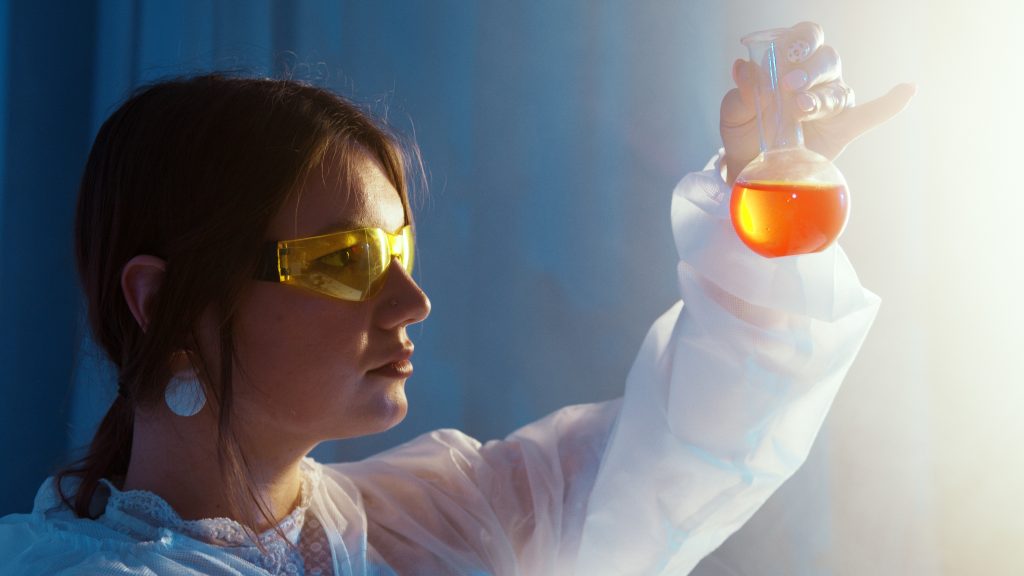Biotechnology
Controlled and deliberate
manipulation of biological
systems
What is Biotechnology?
Biotechnology can be defined as the controlled and deliberate manipulation of biological systems (whether living cells or cell components) for the efficient manufacture or processing of useful products. The fact that living organisms have evolved such an enormous spectrum of biological capabilities means that by choosing appropriate organisms it is possible to obtain a wide variety of substances, many of which are useful to man as food, fuel and medicines. Over the past 30 years, biologists have increasingly applied the methods of physics, chemistry, and mathematics in order to gain precise knowledge, at the molecular level, of how living cells make these substances. By combining this newly gained knowledge with the methods of engineering and science, what has emerged is the concept of biotechnology which embraces all of the above-mentioned disciplines.

Field of Biotechnology

Medical biotechnology is the use of living cells and other cell materials to better the health of humans. Primarily, it is used for finding cures as well as getting rid of and preventing diseases
Focuses on developing genetically modified plants to increase crop yields or introduce characteristics to those plants that provide them with an advantage growing in regions that place some kind of stress factor on the plant, namely weather, and pests.
Industrial biotechnology is the application of biotechnology for industrial. Applying the techniques of modern molecular biology, it improves efficiency and reduces the multifaceted environmental impacts of industrial processes including paper and pulp, chemical manufacturing, and textile.
Technology used in waste treatment and pollution prevention that can more efficiently clean up many wastes compared to conventional methods and significantly reduce our dependence on methods for land-based disposal.